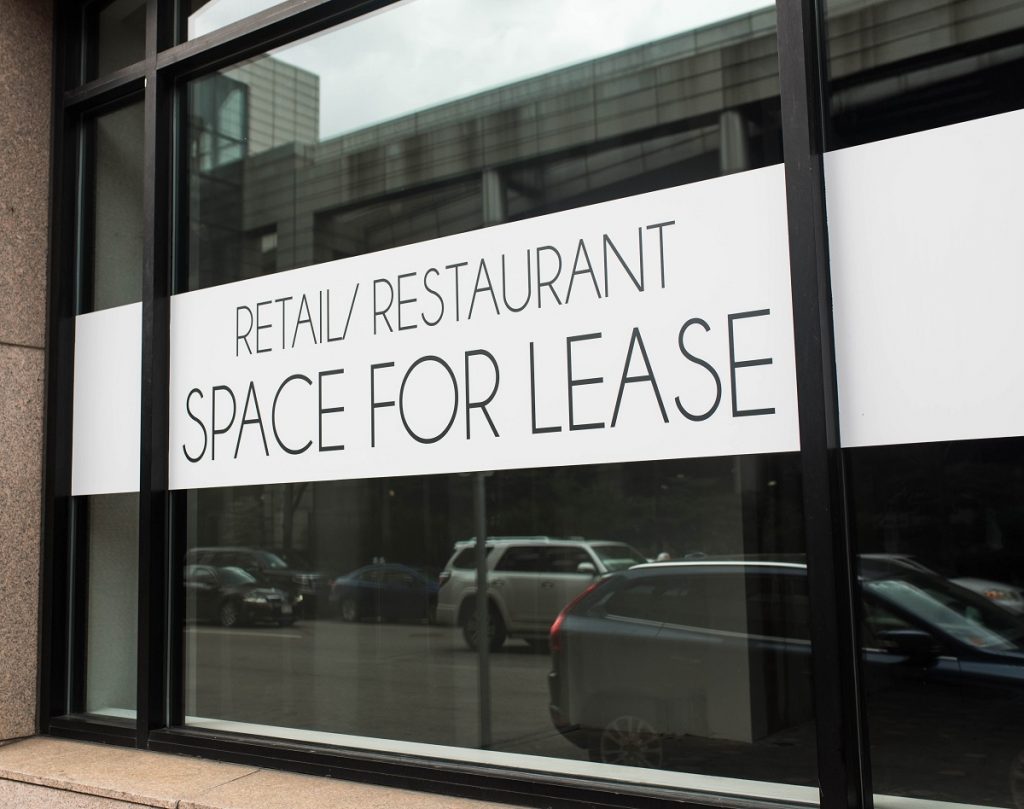Franchising is a proven business model that works for many entrepreneurs, particularly those who are just getting started in the business industry. It helps many individuals gain a second stream of income while they keep their day jobs. Some types are manageable, even if franchisees do not want to fully commit their time and efforts to it.
Here, learn more about the franchise types you can consider in case you decide to become a franchisee.
Business Format
This type allows franchisees to use the trademark and system of the franchisor to market its products or services. With this, you do not have to start from scratch because you will only pay for the system the company has been using. The franchisor provides continuous support and helps in planning and implementation. This is the most popular form and the one often referred to when talking about franchising.
Job Franchise
This requires low investment compared to other types of franchises. The business is small enough for a single person to operate and market. It requires limited stocks, equipment, facilities, a kiosk, and in some cases, a small vehicle. It comes in various forms such as cleaning services, lawn care, travel agency, food kiosks, events planning, and other similar products or services. This is an ideal option for those who want to learn the ropes of running a business. This gets your feet wet and prepares you for a larger business.
Investment Franchise
This type usually involves huge investments because of the required equipment, facilities, brand name, and marketing. Common examples of investment franchises are restaurants and hotels. Franchisees not just spend money to use the name, but they may also need to hire managers to operate the business. They need to hit financial goals to keep the business profitable and get a decent return on their investment.
Product Franchise
This is similar to supplier and dealer business relationships. Franchisees buy the products of a franchisor and then, market and distribute them. Franchisees who use this model do not get the trademark and only sell large products such as cars, machines, and bikes. There are many big companies that use this business model because it generates a lot of income and allows them to outsource some services. In some instances, franchisors license both manufacturing and distribution.
Conversion Franchise
This type is a modification of a typical franchise. Some franchises grow after they have converted or developed from an independent business. Franchisees then use the processes, marketing strategies, training and trademarks born from the conversion. Industries that use this model include services, air conditioning, real estate brokerage, plumbing and others.
Retail Franchise
This usually operates from an outlet where a brand uses franchisees to move its products or services. Fashion and food are the two most common industries that follow this model. You will need to find the perfect address and target audience to boost your sales and get a return on investment.
When looking for wellness franchise opportunities or other types for that matter, factor in the business model to make an informed decision. Doing so allows you to determine which type works best for your current situation and future goals.


